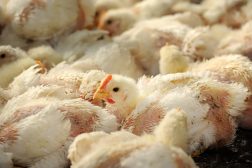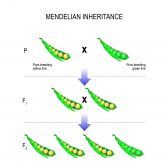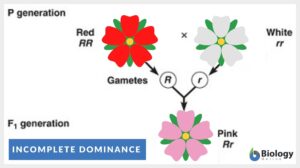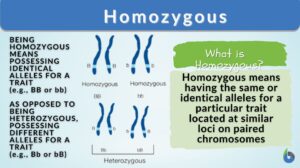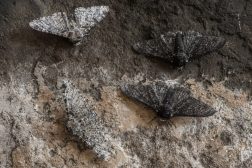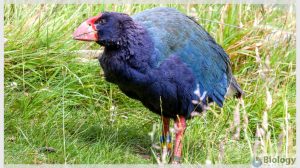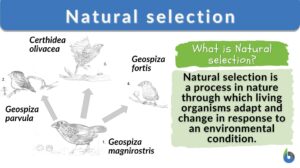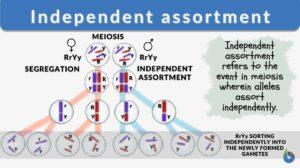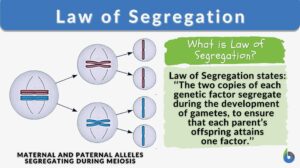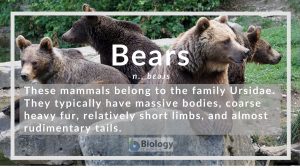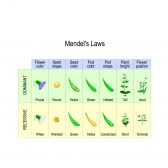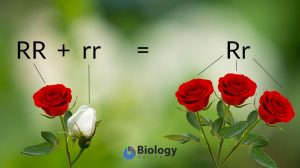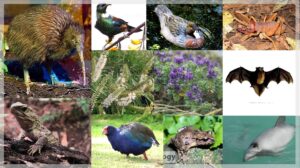Search Results for: true breeding
True breeding
Definition noun A kind of breeding in which the parents with a particular phenotype produce offspring only with the same... Read More
Selective Breeding
Reviewed by: Mary Anne Clark, PhDThousands of years before Darwin proposed evolution by natural selection and... Read More
Inheritance and Probability
Reviewed by: Mary Anne Clark, Ph.D.Gregor Mendel, an Austrian monk, is most famous in this field for his study... Read More
Incomplete dominance
Incomplete Dominance Definition After Gregor Mendel discovered inheritance laws, the term ''incomplete dominance'' was... Read More
Genetics – Lesson Outline & Worksheets
Topics Modules Quizzes/Worksheets DescriptionIntroduction to GeneticsGenetics - Definition:... Read More
Homozygous
Homozygous Definition Diploid organisms that have a genotype of identical alleles for a trait or phenotype at a specific... Read More
Hermaphrodite
We all know that typically living organisms are divided into two main categories of sex-based on their biological structure.... Read More
Examples of Natural Selection
Reviewed by: Mary Anne Clark, Ph.D.Darwin's Finches Darwin's finches are an excellent example of the way in... Read More
Takahē (Porphyrio hochstetteri)
By: Maria Victoria GonzagaPreviously, we've seen the different animals endemic to New Zealand. Due to the... Read More
Polygenic trait
Polygenic Trait Definition Polygenic trait refers to a trait that is controlled by multiple non-allelic genes. These genes... Read More
Crossbreeding
Definition noun The act or process of producing offspring by mating purebred individuals of different breeds or... Read More
Natural selection
Natural Selection Definition What is natural selection in biology? Natural selection is defined as a process in nature... Read More
Angiosperm
Angiosperms Definition What is an angiosperm? An angiosperm is a plant that produces flowers. The angiosperms, also... Read More
Independent Assortment
Independent Assortment Definition Independent assortment refers to the alleles or genes that sort into the newly formed... Read More
Population Growth and Survivorship
By: Maria Victoria GonzagaPreviously, we learned about biodiversity and endemism. Now, let's look at the... Read More
Law of Segregation
Mendel’s Laws of Inheritance The father of genetics, Gregor Mendel, reported his findings in 1860 that initially were... Read More
Parthenogenesis
To reproduce, by definition, means to produce new offspring. The process is referred to as reproduction, which is one of the... Read More
Parasitism
Organisms depend on different sources of food to survive. Larger organisms like plants make their own food (autotrophs) and... Read More
Mendel’s Law & Mendelian Genetics
Reviewed by: Mary Anne Clark, Ph.D.The previous tutorial, Dominance, has described Gregor Mendel’s law of... Read More
New Zealand’s Biodiversity
Written by: Maria Victoria GonzagaPeer-reviewed by: Cathy Buntting, Ph.D. and Andrea SoanesWhy is New... Read More

